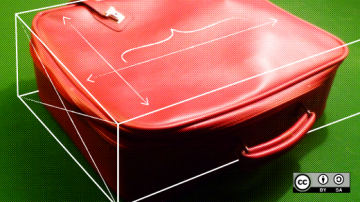Package managers are an important part of working with modern Linux distributions. In the early days of Linux, life was more complicated. If you wanted to install a piece of software, you had to download a file (or files) and then configure the software to run on your particular system. This didn't make it very easy to install software.
Therefore, packages and package managers were invented to combat the complexity involved with installing software on Linux and Unix systems. Software packages are comprised of multiple data files combined into a single archive, which makes for easy portability and storage, and package managers allow you to download and install software easily.
History of package managers
Package managers have evolved over the years. In 1994, Ian Murdock introduced dpkg as a shell script. Apt (Advanced Packaging Tool) was introduced in 1998. Its usual syntax is apt-get and apt-cache. While apt-get resolves dependencies for installing software on Debian-based systems, dpkg will install software that does not require dependency resolution. And RPM (Red Hat Package Manager) was introduced in 1997 by Erik Troan and Marc Ewing.
Some flavors of Linux have created their own package formats, but the most common formats are .deb and .rpm, and these .deb and .rpm files are installed using package managers. Red Hat, Fedora, SUSE, and some smaller distributions use .rpm, while Debian, Ubuntu, Linux Mint, Pop_OS, and Raspbian use .deb files.
In the early days of Linux, users had to memorize the commands to invoke a package manager from the command line. Some examples:
$ rpm -ivh pidgin-2.7.9-5.el6.2.i686.rpm
$dpkg -i apt-ntop.deb
$sudo apt install audacityThat's changed, and now most distributions have software centers, where a graphical user interface helps users find and install software without having to use the command line.
What is your favorite package manager?
Of the following 10 current and legacy package managers, which one is your favorite? Have we left your favorite out? Let us know in the comments.










Comments are closed.